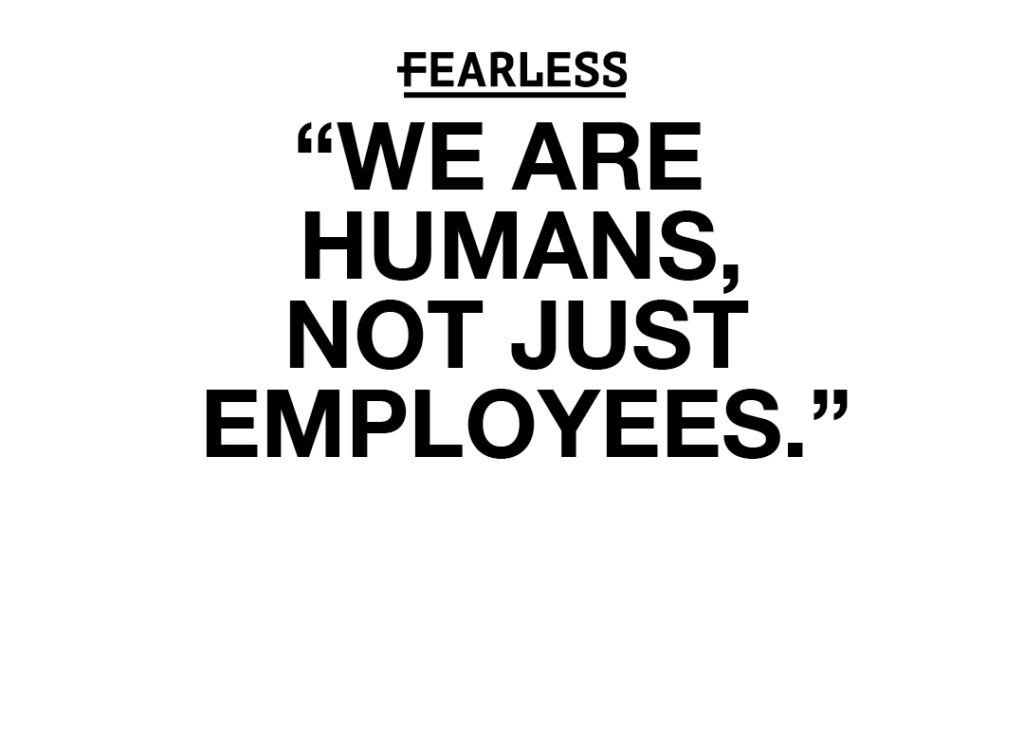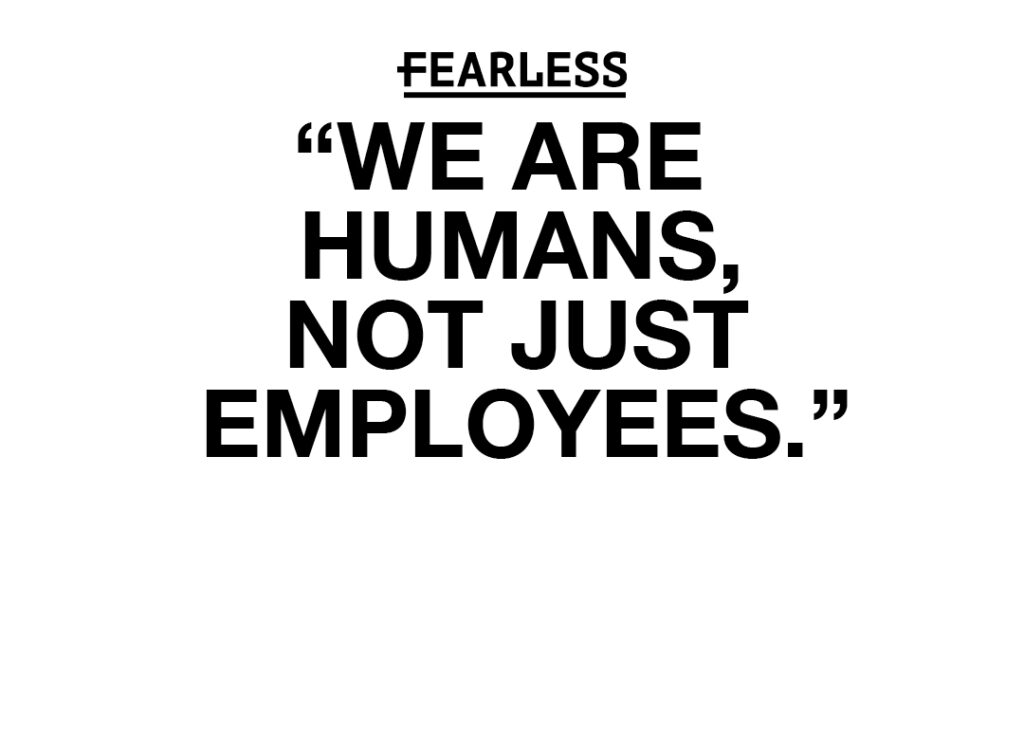The Elbert Files: Park could honor EMC’s legacy

DAVE ELBERT Feb 13, 2018 | 5:42 pm
3 min read time
610 wordsBusiness Record Insider, Opinion, The Elbert FilesThe pending acquisition by EMC Insurance of the former Younkers store site at Seventh and Walnut streets creates a unique opportunity to add much-needed green space in the downtown core.
Other large insurance companies, including Principal Financial Group, Wellmark and Nationwide, have varying degrees of green space at their downtown headquarters. And American Enterprise (formerly American Republic) is home to the city’s original sculpture garden, launched in 1967 when Chief Executive Watson Powell Jr. acquired “Spunk of the Monk,” a metallic, oversized spider-like creation by famed sculptor Alexander Calder.
EMC, however, occupies a full city block in the heart of the financial district that is packed solid with buildings ranging in size from four to 20 stories. The buildings are pleasant enough places to work, but there is no room for even a small pocket park.
That could change.
In early January, the Business Record’s Kent Darr reported that EMC planned to acquire the former Younkers property from developer Blackbird Investments by swapping the east half of the Kaleidoscope retail mall in the 500 block of Walnut Street for the recently cleared department store site.
The swap makes sense because the vacant site is directly across from EMC’s front door, and EMC has been acquiring nearby property for some time, including the 20-story Hub Tower and two-block long Kaleidoscope a few years ago.
What will EMC do with the site? Build another office tower or even a mid-sized commercial building?
Those are possibilities but not likely any time soon, given the amount of space the company already has in the Hub Tower and other properties.
No one has publicly said what EMC’s plans are for the now-empty quarter block that held the iconic downtown Younkers store until it was destroyed by fire four years ago.
But the concept of keeping the space open has been suggested, and it makes sense.
Not only is there a scarcity of green space in the downtown core, but such a move would be in line with EMC’s subtle, but careful, style of leadership.
The company’s community involvement goes all the way back to its founding in 1911, when the Iowa Manufacturers Association (now the Association of Business and Industry) persuaded Jack Gunn, a valve maker in Kellogg, Iowa, to switch careers. At the association’s urging, Gunn created Employers Mutual to provide Iowa factory owners with the then-new concept of workers’ compensation insurance.
Gunn’s grandson, Robb B. Kelley, took over in 1962 and grew Employers Mutual into one of the nation’s most stable property/casualty insurers.
Throughout his career, Kelley was deeply involved in community affairs, spearheading efforts during the 1960s to help young women by raising money for a new downtown YWCA and by boldly constructing in 1972 a nine-story headquarters for EMC that featured the downtown’s first open-floor plans.
Kelley was among the first to begin revitalizing Des Moines’ postwar downtown, years before entrepreneur John Ruan, banker John Fitzgibbon and others joined in.
The 6-foot, 8-inch Kelley, who died in 1997, towered over his contemporaries, but he was a gentle giant.
In the mid-1980s when I began writing about insurance, he invited me to his office and patiently explained the intricacies of property/casualty accounting in terms that a non-insurance guy could understand.
When Kelley retired, his son, Bruce, took over, and showed that he had learned a lot from his father. Bruce Kelley continued to grow the company and in the mid-1990s built his own state-of-the art building, directly across from Younkers.
When EMC acquires the vacant Younkers site, it would be a fitting location for a small park honoring Robb Kelley, Jack Gunn and all that EMC has achieved in the past century.








